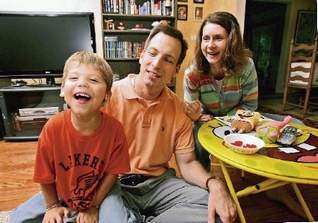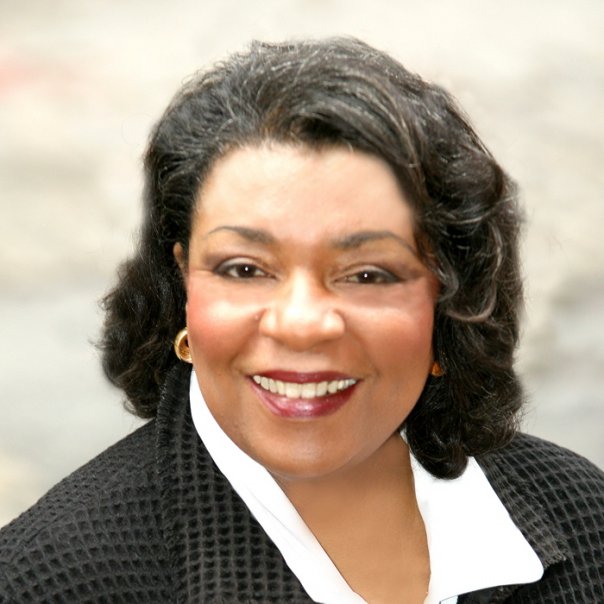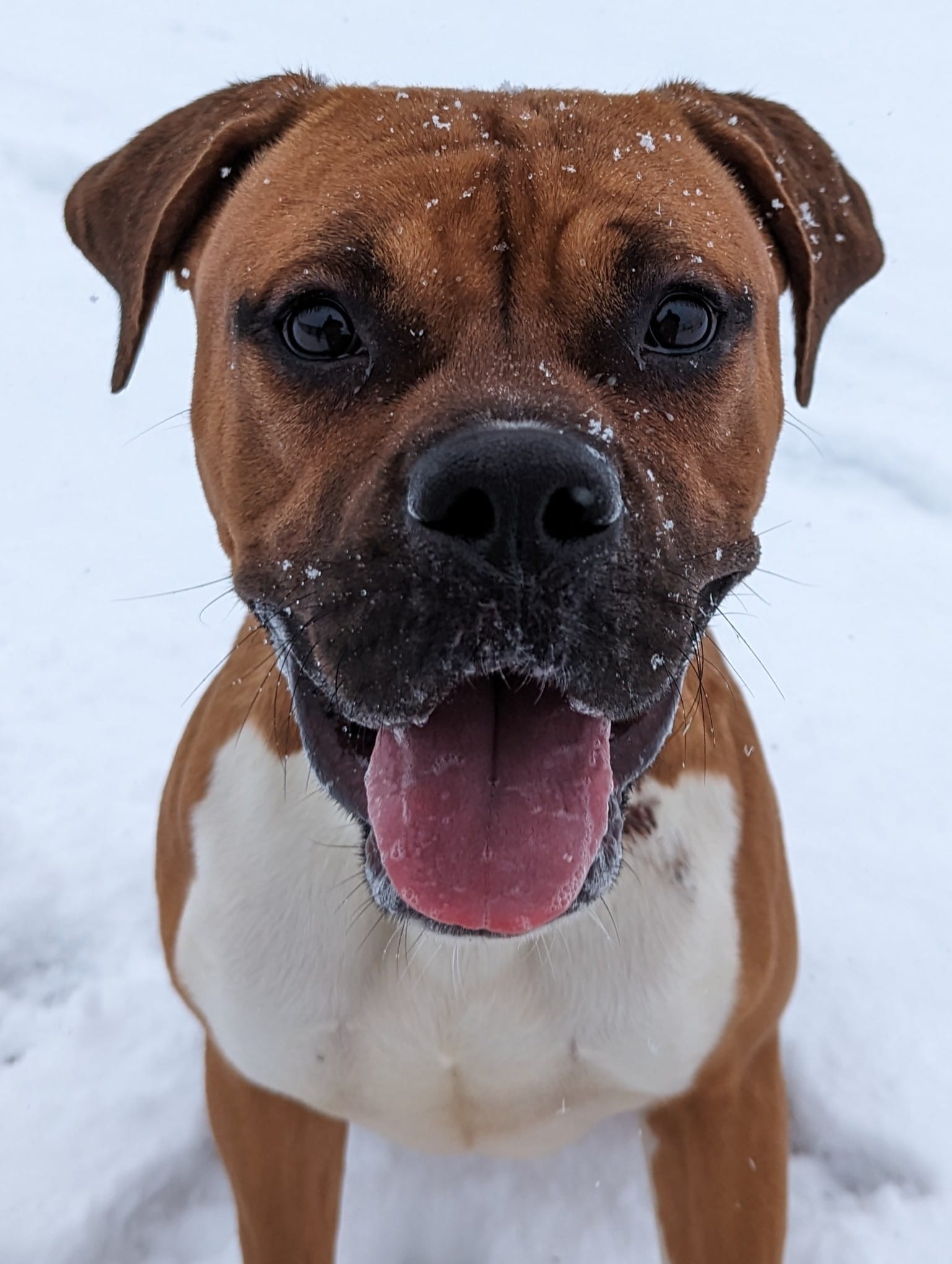 New Jersey native David Williamson participated in Landmark Education's Self-Expression and Leadership Program this summer, and in the program he created a project to help bring the deaf community together. Williamson and his wife Lea adopted a boy several years ago who turned out to be deaf. He received cochlear implants to help him hear. Williamson's project brings the deaf community together – both those who have opted for implants and speech and those who have speak sign language – at the Mountain Lakes Club on October 13 to discuss their experiences. The Daily Record newspaper wrote an article about the Williamsons' experience and their event, parts of which appear below.
New Jersey native David Williamson participated in Landmark Education's Self-Expression and Leadership Program this summer, and in the program he created a project to help bring the deaf community together. Williamson and his wife Lea adopted a boy several years ago who turned out to be deaf. He received cochlear implants to help him hear. Williamson's project brings the deaf community together – both those who have opted for implants and speech and those who have speak sign language – at the Mountain Lakes Club on October 13 to discuss their experiences. The Daily Record newspaper wrote an article about the Williamsons' experience and their event, parts of which appear below.
Deaf Community to Break Bread in Mountain Lakes
by Tehani Schneider
Before his second birthday, Reid Williamson, now 5, received bilateral cochlear implants, which allowed him to hear. Today, Reid is a kindergartner who splits his time between the Lake Drive School for the Hearing Impaired and Wildwood School.
But the decision the Williamsons made for their only child, effectively choosing to have Reid develop speech rather than learn sign language to communicate, didn't come easily.
"We talked about it and decided we wanted to give (Reid) an opportunity to hear," said Lea Williamson, 43. "That's why we decided to have him implanted."
Next week, the couple will share their story at the Mountain Lakes Club with parents of other children who are deaf or hard of hearing during a dinner to unify the deaf community.
The Oct. 13 event, which was organized by the Williamsons, will offer parents, teens and adults an opportunity to share their perspectives and the choices they made during a panel discussion. The dinner was funded by Cochlear Ltd., Barr Laboratories, Cadbury and individual donations.
The free program also will include a visit from Nevar, a deaf Australian shepherd dog trained in sign language, and his trainer, Elizabeth Catalano of St. Hubert's Animal Welfare Center in Madison.
An interpreter will be provided for the discussion and children's activities — including supervised bowling and playtime — following the dinner.
"This is our way of kind of bridging the gap between the big D, the deaf community that does signing as their primary communication and the little d, like Reid, the community that is deaf and uses spoken language to communicate," said Lea Williamson.
"It's an opportunity for us to meet other parents and share our experiences."
The Williamsons adopted Reid, who was born in Aksay, Russia, on Sept. 23, 2003, from an orphanage in Rostov-on-don during the spring of 2004.
"We don't know for sure what caused the hearing loss, but we know it was a progressive hearing loss," Lea Williamson said. "We don't know how good his hearing ever was, (but) he seemed to have some hearing."
After hearing aids failed to benefit Reid, the couple opted for the cochlear implants. Reid's first implant, on his right side, was activated a month after surgery in May 2005, and he received his second one that November.
Prior to learning of Reid's hearing loss, the Williamsons had sought early intervention to check for speech delays after bringing him home from Russia.
"Being in an orphanage in a foreign country, that's not uncommon," said Lea Williamson, who added that Reid appeared to understand some Russian.
Reid, who was receiving therapy from a speech pathologist from the Matheny School in Peapack-Gladstone, began attending Summit Speech School once his implants were activated.
Jobie Schwartz, Reid's audiologist at Hackensack, said Reid's implant surgery was rare for infants as early as a decade ago. Today, doctors have more data and improved technology to attest to the benefits of the implants, she said
"At one time, no children under 2 years of age could get an implant," said Schwartz. "Now, it's under 1 year of age. It's much more common now. Children are receiving implants as early as a year old, as long as they're found not to benefit from a conventional hearing aid, that their hearing (loss) is too severe. We can assume if a child gets the right services, they will benefit very well."
But the ongoing debate within the deaf community over the use of cochlear implants versus sign language to communicate is something that the Williamsons are curious to explore at the dinner.
"There's a lot of prevailing attitudes," said David Williamson, 42. "There's some views by the deaf that (implants) try to fix the deafness, isolate the deaf. That creates some barriers to the interactions."
Williamson said he chose to host the dinner to raise awareness on both sides of the issue and form ties among the deaf community.
"I want to hear the viewpoints of the deaf community, talk about what does it mean to be deaf, what does it mean for the deaf community and culture?" he said.
"You hear these terms and find them on the Internet. I want to hear what it means to them."
Joey Garth, a Mount Olive resident who was born profoundly deaf and uses sign language as his primary means to communicate, said he believes bringing both groups together will help spark a dialogue on the controversy.
"I think it's important that there be understanding that (this debate) is 100 percent about communication, instead of the separateness of the two groups divided," said Garth, who will represent the panel at the dinner as a member of the Northwest New Jersey Association of the Deaf. Choosing to receive a cochlear implant over learning sign language is an individual choice, said Garth, who personally believes in learning sign language and then working on developing speech.
"It depends on each individual, how well they communicate," he said. "You can't lump everybody into one group."
The Williamsons said they believe that the choice they made for their son will give him a better future, but time will tell once Reid is old enough to understand, Lea Williamson said.
"As a parent, you hope you make the right decision," she said. "We made that decision for him, and I hope he doesn't resent it down the road. (Reid) wouldn't be where he is today if we had waited."



2 comments
Good post!Keep it up!
My name is Oleg ! I am from Ukraine ! I very ask a help …I have the dull hearing, I need a hearing device … I need clothes and food …. I ask you help me ! My postal address: [email protected]
Benedictions to you from Jesus ! Oleg